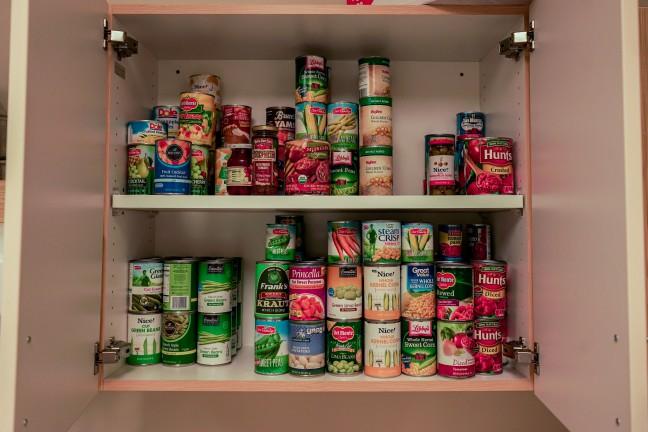Starting in March 2023, Wisconsin households can no longer receive extra FoodShare benefits that were offered as a result of the pandemic.
The federal government passed the Consolidated Appropriations Act in December, which ended the program that provided the additional benefits.
The Supplemental Nutrition Assistance Program (SNAP) is a federal program that supports residents in need by offering benefits to supplement a food budget. Additional benefits were added to the program in 2020 to offset financial difficulties brought on by the COVID-19 pandemic. The benefits provided families an extra $95 per month or more based on their household size.
Dane County Board delays Jail Consolidation Project again, resident vote dropped
FoodShare recipients will receive a letter later this month notifying them of the change, according to a press release from the Wisconsin Department of Health Services.
Local food banks are expecting an increase in demand as a result of this legislation, Director of Marketing and Communications for Second Harvest Foodbank Kris Tazelaar said.
Second Harvest Foodbank of Southern Wisconsin is a distributor that supplies food to its partner food pantries to be offered to communities. Tazelaar said there has been an increase in demand at food banks since the start of the pandemic.
“Even prior to these cuts, we’ve been hearing about tremendous increases in the number of people who have been visiting our partner agencies,” Tazelaar said. “Some agencies are seeing twice as many families coming through their doors as they did prior to the pandemic and there’s even some cases where it’s three times the number of people coming through their doors.”
Evers announces increased funding in State of the State address
Second Harvest Foodbank anticipates that with the removal of the additional FoodShare benefits, the need for food bank supplies from their network of partners will rise even further past the high demand they’ve seen since the pandemic, Tazelaar said.
Tazelaar said they plan to spend the next month preparing for the anticipated surge in demand.
“There’s a little time to try to ramp up to make sure that … [we] have enough supply, once the benefits are actually gone,” Tazelaar said.
The FoodShare program has been an essential part of the state’s efforts to reduce food insecurity during the pandemic and recent inflation, according to the Wisconsin Department of Health Services press release.
Editor’s Note: This article was updated to reflect that Second Harvest Foodbank will be monitoring inventory levels to ensure they can support the anticipated increase in demand.




















